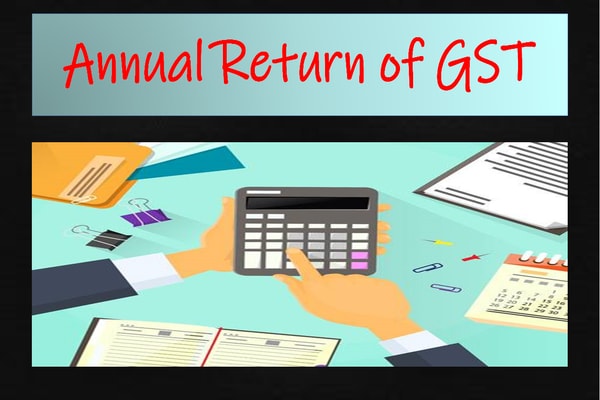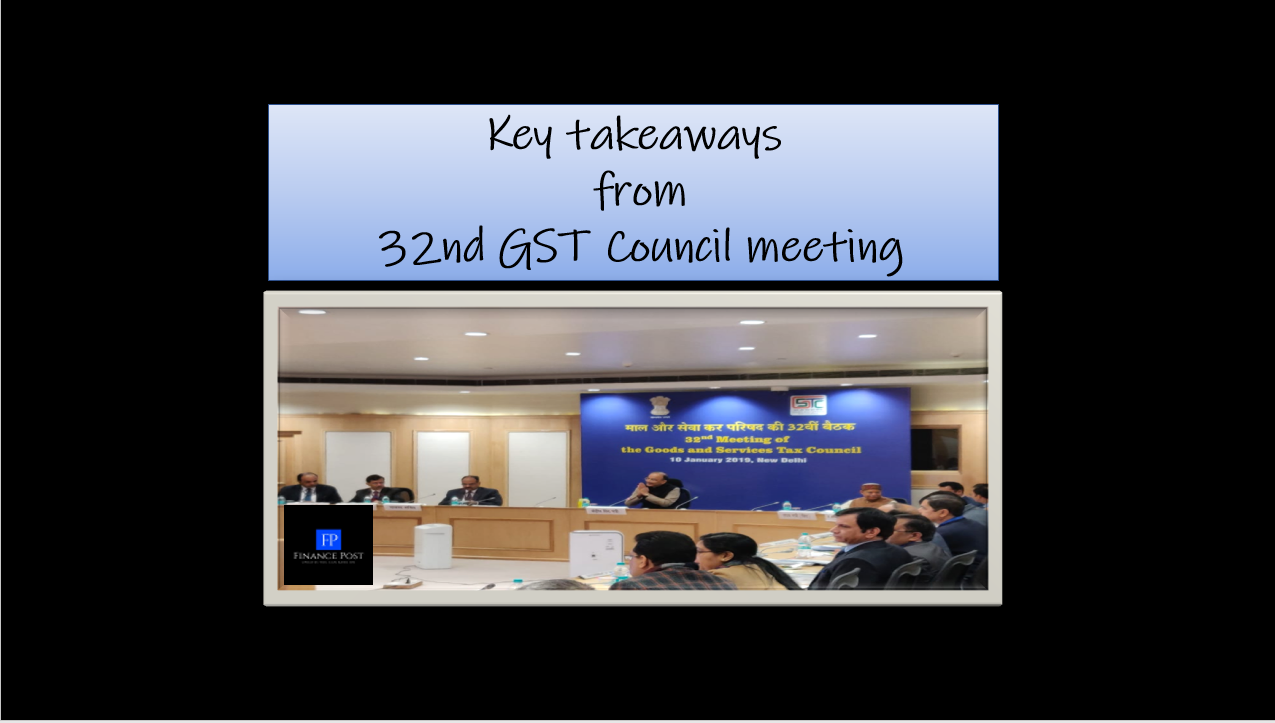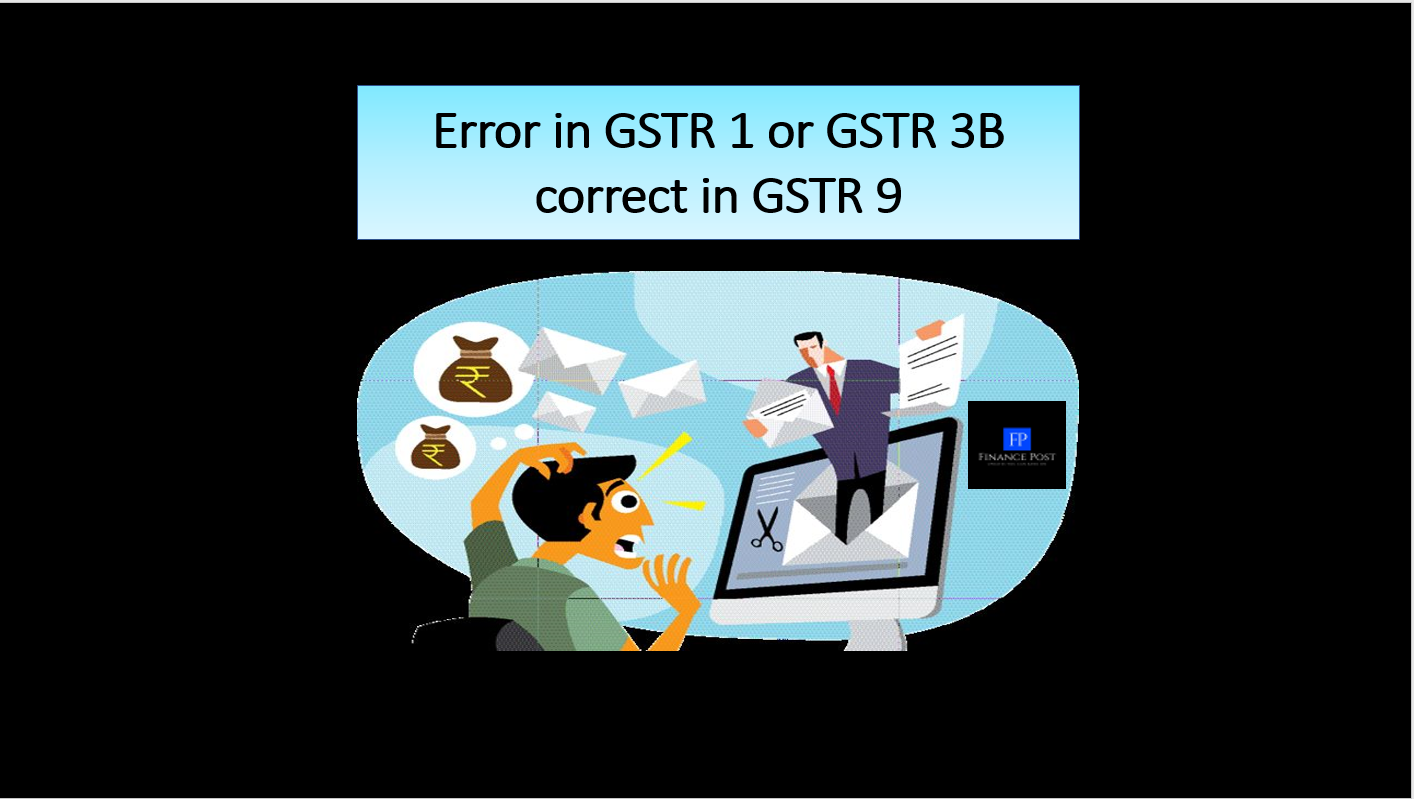
Last updated on November 17th, 2022 at 08:54 pm
Petrol and Diesel to come under GST ambit
Looking at the current scenario in India, where most of the goods and services have been brought under the GST ambit, people have developed a wrong notion that that GST cannot be levied on petroleum products like crude, high-speed diesel, motor spirit (commonly known as petrol), natural gas and aviation turbine fuel.
BUT……
On Monday 14th November 2022, Shri Hardeep Singh Puri the Union Minister of Petroleum and Natural Gas while addressing the media stated that Central Government has been ready all along and willing to bring petroleum products under the GST regime. But this requires an accent from the states and union territories, which is not likely as alcohol and petroleum products are revenue-generating machines for them.
Any decision which relates to the levy of GST on petroleum products has to be taken based on the recommendation of the GST Council. It would be interesting to see if the above is included for discussion as one of the agenda items of the upcoming GST Council Meeting.
Whatl and D
Is it possible for the GST council to include petroleum products under GST?
YES. It is possible for GST Council to bring petroleum products under the GST regime based on the following powers:-
Article 279A(5) of Constitution
There is a specific mention in the article 279A (5) of the Constitution which provides that, the GST Council can recommend the date from which GST shall be levied on petroleum crude, high-speed diesel, motor spirit (commonly known as petrol), natural gas and aviation turbine fuel. This means it is constitutionally included under GST and it can be brought under the GST regime once the decision regarding its inclusion and date is taken by the GST Council.
Section 9(2) of CGST Act, 2017
There is a specific mention in section 9(2) of the CGST Act,2017 which states that Government may notify the effective date for inclusion of all the petroleum products which are excluded for now, based on recommendations of the GST Council.
Note: Petroleum products here means – petroleum crude, high-speed diesel, motor spirit (commonly known as petrol), natural gas and aviation turbine fuel.
How a decision is taken in the GST Council meeting?
⊗ GST Council is the federal decision-making body. Council consists of the Minister-in-charge of Finance/Taxation/any other Minister nominated by the States/Union Territories as their representatives.
⊗ Any decision to take place there should be a majority of not less than 3/4th of the weighted votes of the members present and voting.
The vote of the Central Government would have 1/3rd weightage in the total votes cast in the meeting.
The vote of all the State Governments and Union Territories together would have 2/3rd weightage in the total votes cast in the meeting.
Why was GST not levied on all petroleum products with the launch of GST in July 2017?
⊗ With the launch of GST in July 2017, certain petroleum products such as kerosene, naphtha, and LPG were included under the GST regime.
⊗ However, these five petroleum products such as crude oil, petrol, diesel, ATF and natural gas were excluded from the list of items that were placed under the GST regime.
⊗ Fluctuation in domestic prices of petroleum products is directly linked to International factors; one is the fluctuation in the international price of crude oil and the other is ever-changing the rupee-dollar exchange rate.
⊗ The major source of revenue for the States is derived from the taxes levied on petroleum products.
⊗ As of now, petroleum products attract two types of indirect taxes one is excise duty and VAT in India. Rather three types of levies as most of the crude oil is imported and customs duty is also paid on it.
⊗ VAT is an ad valorem form of tax which results in higher revenues for the state when rates are high.
⊗ Centre was of the view that switching over from VAT to GST for petroleum products might imbalance the economy and the way the State operates and functions smoothly as it is no doubt one of the major sources of revenue for the State.
⊗ States also wanted a little more time to get accustomed to the new regime and flexibility to tax a few items such as stamp duty on real estate, VAT on Petroleum products, excise on alcohol, etc. as they deemed fit.
⊗ Centre was also of the opinion that the overall levy from the point of view of the Government was not going to reduce significantly as the GST Department intended to impose cess over and above 28% (current highest GST slab) on petrol and diesel.
⊗ Lastly, it is not easy for the GST Council to get a consensus from all the States & Union Territories for the switchover from the current system of levy (i.e VAT) to GST as revenue for the states/UT gets severally impacted.
What will be the change if petrol and diesel are brought under the GST ambit?
If petroleum products are brought under the GST regime
⊗ The rate of tax on petrol and diesel will be the same all over the country.
⊗ Petrol pump owners and the petroleum industry like ONGC, BPCL, HPCL, etc. will not have to comply with two tax regimes i.e VAT & GST.
⊗ Input tax credits which are not transferable now and lapse will be utilized for paying output liability.
⊗ It will help to bring the cost of various products down as the whole product chain from input to final product would come under the GST regime. Generally, petroleum products such as industrial fuel and CNG are used as inputs in the factory for which the credit of taxes paid becomes an additional cost and credit cannot be availed due to different tax regimes.
⊗ Double taxation would be avoided i.e VAT on excise duty is levied which increases the rate to the final consumer.
⊗ Experts say if petrol and diesel are brought under the GST regime price for petrol and diesel will see reduction ins prices by approx Rs 20-30.
Petrol and Diesel to come under GST ambit
Demands from the Aviation Sector and Petroleum/Oil Industry
⊗ The Aviation Sector and the Ministry of Petroleum and Natural Gas have made repeated requests for inclusion of the petroleum products under the GST regime to the Finance Ministry. As the sector is losing the benefit of a single tax i.e GST which otherwise would accrue to them as well. The input tax credit for taxes can be optimally utilized only when the entire chain from inputs to the final product pays GST.
⊗ Amongst several others, one of the arguments given for the failure of Jet Airways, Damania Airways, Air Sahara, Kingfisher, and Air Deccan is also the high cost of aviation fuel. As per global reports, ATF constitutes around 40% of the total operating cost for an airline which was higher than in most counties in the world. Centre levies 11% excise duty on Automatic transmission fluid (ATF) and over and above this State levies approx 25-30% VAT.
Is the GST really going to be implemented on petroleum products ????
Looking at the current situation of the market, petroleum products will not see the doors of the GST regime soon. The written reply, the discussion, and the press release show that the groundwork to bring it under the GST regime has started. For now, we can only wait and expect to see the nation following a single tax regime for indirect taxes.
Earlier as well on 26th June 2019, Shri Dharmendra Pradhan who was then Union Minister for Petroleum and Natural Gas had given a written reply in the Rajya Sabha hinting about bringing petroleum products under the GST ambit.
Related Posts
None found
- 50th GST Council Meeting - 11/07/2023
- GST Compliance Calendar of October 2023 - 01/04/2023
- GST sections amended in Finance Act 2023 - 27/03/2023
Disclaimer: The above content is for general info purpose only and does not constitute professional advice. The author/ website will not be liable for any inaccurate / incomplete information and any reliance you place on the content is strictly at your risk.
Follow us on Social Media by clicking below
Follow @financepost_in


Be the first to comment